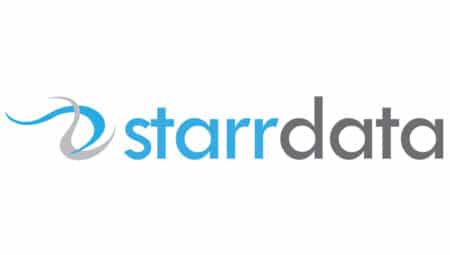Businesses, including businesses who use Salesforce, succeed when they are good at keeping the promises they make to their customers. And if helps a lot if they make promises people value.
An example of this is Starbucks: regardless of which Starbucks I visit, when I order a decaf no-foam soy latte Starbucks promises to give me the same decaf no-foam soy latte no matter which of their locations I am visiting.
In many business our promises may be more complex but the fundamental parts of making and keeping a promise do not change. They are:
1. The customer makes a request for something or the business makes an offer to do something
2. The two parties agree on what will be done, by when it will be done, and how much it will cost.
3. The service or product is provided.
4. The provider checks to make sure the customer is satisfied. (Lots of businesses miss this part yet it’s as important as any of the above.)
If we understand that businesses are a people who are working together to make and keep promises–and in order to do that the members of a business make promises to each other– then that sets the framework for the use of a customer relationship management (CRM) system such as Salesforce.
Salesforce CRM is incredibly effective for tracking, managing and reporting on the promises you’re making to your customers.
This is important distinction because most people need to be more effective keeping their promises, and could use help to do this.
In our next post we’ll talk about how this relates to a customer service department that is using Salesforce.
[button type=”success” size=”lg” link=”https://bit.ly/1lnXLm6″]If you would like more Salesforce Best Practices
Click Here to Download our Free Guide[/button]
StarrForce is a Salesforce Partner that helps companies deploy, optimize and support Salesforce.com. If you would like information on the services we offer call us at (888) 391-4493 Ext. 101.

